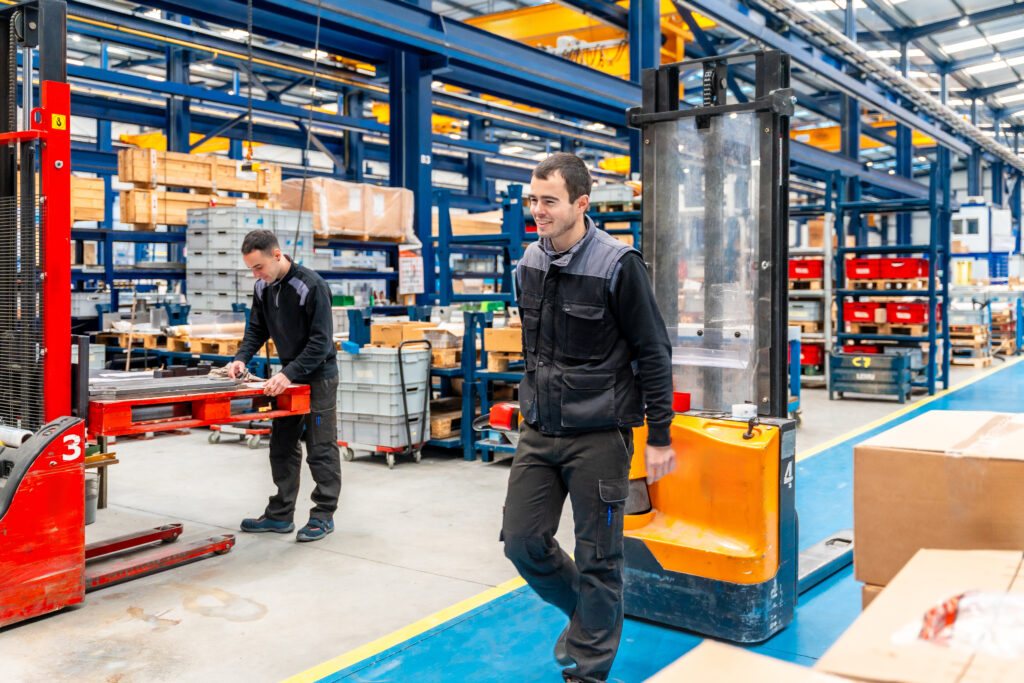Transforming Company Culture with Lean Principles
- Home
- Blog Archive
- Transforming Company Culture with Lean Principles
Overview
Organizational culture is the backbone of any company, shaping behaviors, decisions, and overall performance. A strong culture aligned with Lean principles fosters innovation, efficiency, and sustainable success. Unlike implementing tools or methodologies, building a Lean culture involves rethinking «the way we do things» transforming assumptions, behaviors, and priorities at all levels.

The Foundation of Lean Culture
At its core, Lean culture is built on four pillars: leadership, continuous improvement, enterprise alignment, and customer-centric results. Each pillar reinforces the shared commitment to reducing waste, optimizing processes, and delivering maximum value to customers.
Leadership’s Role
Leadership is the cornerstone of Lean cultural transformation. Leaders set the tone by embodying Lean values and actively participating in improvement efforts. They must «go see» the actual workflows, ask «why» to challenge assumptions, and «show respect» by empowering employees to take ownership of problem-solving.
Employee Empowerment
Employees are the heart of Lean culture. They hold the insights and creativity needed to identify inefficiencies and propose solutions. Empowering them with responsibility and autonomy not only boosts morale but also fosters innovation and collaboration. Companies like Toyota prioritize employee contributions by designing workflows that minimize frustration and maximize impact.
Continuous Improvement as a Mindset
Lean principles hinge on the relentless pursuit of perfection. This involves regular Kaizen events, where employees work together to solve problems and implement improvements. Such activities create a sense of shared purpose and ensure the organization evolves to meet challenges effectively.
Aligning Enterprise Goals
Lean cultures align organizational structures with customer value. Shifting from functional silos to value stream-based systems ensures everyone works toward shared objectives. This alignment fosters collaboration across departments, enabling smoother workflows and better customer experiences.
The Importance of Organizational Culture in Lean
Adopting Lean principles requires a cultural shift, as traditional hierarchies and rigid mindsets often resist change. A Lean culture instills adaptability, encouraging employees to approach challenges with curiosity and solutions with collaboration. Additionally, the cultural emphasis on respect for people ensures that every team member feels valued and motivated to contribute.

Benefits of this transformation include:
- Increased Employee Engagement: Workers feel invested in the company’s mission and empowered to make a difference.
- Reduced Turnover: An engaged workforce is more likely to stay, reducing hiring costs and preserving institutional knowledge.
- Operational Efficiency: Streamlined processes save time, resources, and money, improving profitability.
- Enhanced Sustainability: Continuous improvement efforts reduce waste, promoting environmental and economic sustainability.
Strategies to Build a Lean Culture
- Create a Clear Vision: Define the company’s purpose and align it with Lean principles. Communicate this vision consistently to all levels of the organization.
- Invest in Training: Equip employees with Lean tools and methodologies through workshops, certifications, and hands-on learning.
- Foster Open Communication: Encourage feedback and create channels where employees can share ideas and concerns freely.
- Celebrate Successes: Recognize and reward improvements, no matter how small, to reinforce positive behaviors.
- Monitor Metrics: Regularly evaluate performance to ensure Lean practices are yielding desired results and adjust as needed.
Transforming an organization’s culture into one rooted in Lean principles is a journey of continuous learning and adaptation. By focusing on leadership, empowerment, alignment, and improvement, businesses can create resilient, efficient, and collaborative workplaces.
This cultural shift not only drives operational excellence but also secures long-term success in a competitive market.
Share to :
Other Posts
Ready to unlock your business’s full potential?
Let’s work together to streamline your operations.



